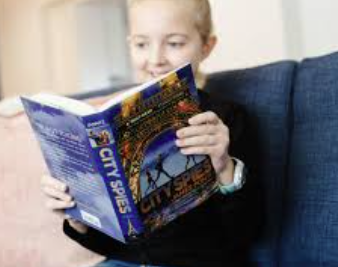Curiosity is a driving force in learning, and it plays a central role in reading development. When readers are curious, they are more engaged, motivated, and willing to explore texts deeply. Nurturing curiosity transforms reading from a task into an exciting journey of discovery, laying the foundation for lifelong learning and literacy growth.
Why Curiosity Matters in Reading
Curiosity sparks questions, drives exploration, and fuels the desire to understand more. In reading, this leads to better comprehension, closer attention to detail, and a deeper connection with the material. Curious readers are more likely to persist through difficult passages, seek out new books, and reflect on what they learn.
Choosing Books That Inspire Wonder
Providing access to books that challenge thinking, introduce new ideas, or explore fascinating topics can ignite curiosity. Whether it’s a mystery novel, a science article, or a historical biography, books that provoke questions and invite exploration naturally encourage more engaged reading.
Encouraging Questions Before, During, and After Reading
Teachers and caregivers can nurture curiosity by modeling and encouraging questioning. Before reading, ask, “What do you want to learn from this book?” During reading, prompt with, “What do you think will happen next?” After reading, invite reflection: “What would you like to explore further?” These questions promote active thinking and deeper comprehension.
Creating a Culture of Exploration
Classrooms and homes that celebrate inquiry help students feel comfortable asking questions and expressing curiosity. Book displays, reading corners, and themed reading challenges focused on exploration can reinforce a sense of excitement around reading.
Connecting Reading to Real-World Interests
Linking books to students’ hobbies, questions, or everyday experiences makes reading more relevant. If a student is interested in space, for example, offering books about planets, astronauts, or science fiction can deepen engagement and broaden knowledge.
Final Thoughts
Curiosity transforms reading from routine into adventure. By fostering a sense of wonder and encouraging questions, educators and caregivers help students become motivated, independent readers. When curiosity is at the heart of reading, learning becomes joyful, personal, and enduring.


